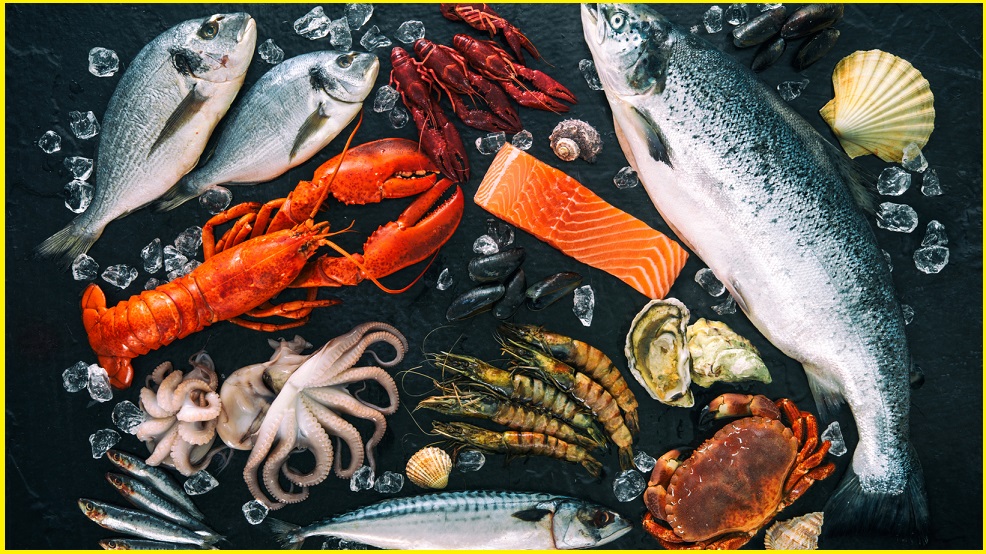Blockchain’s ability to store verifiably accurate data has won it the support of financial giants in Australia and China, which will use the technology to approve bridge funding for export shipments that experts say will be crucial to economic recovery in the post-COVID-19 era.
Companies like BHP have already committed to supporting small business suppliers faster to maintain cashflow during the pandemic, but lengthy and complex overseas supply chains have made it difficult for agricultural exporters to get the same guarantees.
Contracts may require exporters to ship product to customers overseas, then wait 30 days after arrival before they get paid.
More recently, payment timeframes have been clouded by threats of boycotts and created logjams at customs ports in both countries.
A recent Trade & Investment Queensland Australia analysis warned of “major changes” to the Chinese hospitality market that had caused “significant drops in demand” for Australian products, with shipped products often backed up in terminals and warehouses for 6 to 8 weeks.
Those delays mean Australian exporters must wait even longer than usual to get paid – which is why the members of the new APAC Provenance Council are pinning their hopes on blockchain technology and the support of payment giants Mastercard and Alibaba Australia.
The industry-based initiative will apply VeChain’s public blockchain to supply chains exporting $76b worth of Australian agricultural surplus to China’s massive population every year.
This will provide new options for firms like Brisbane-based supply chain integrator Fresh Supply Co (FSC), which has previously helped firms use IBM’s open-source HyperLedger blockchain to track the production of avocadoes, Wagyu beef and other products.
With VeChain’s public blockchain running many times faster – and already proven in partnerships with the likes of BMW, China Unicom, Walmart China, and Bright Food – the initiative could be critical to “how we strengthen Brand Australia and Brand New Zealand,” Fresh Supply Co CEO David Inderias told Information Age.
As Victoria’s current abattoir outbreak reminds the market about the importance of proving product provenance, he said, “being able to say that our products are safe, and that we have tracked them, is going to be table stakes for dealing with China.”
Putting their money where China’s mouths are
Use of blockchain allows individual shipments of agricultural products to be tracked from the moment they’re picked in Australia, until their arrival on Chinese supermarket shelves for purchase by consumers.
Backed by indelible-marking technologies from Council members like Laava and Source Certain International, VeChain will allow exporters and logistics operators to document the movement of specific agricultural lots through supply chains, customs and international shipment providers.
This means every member of a supply chain can confirm what product has been shipped, where it is, and – by integrating data from connected environmental sensors – whether it has been stored under appropriate temperature, humidity, movement, and other constraints.
Such supply chains have already been used within different trading communities – but the involvement of Mastercard and Alibaba means that VeChain records are now being recognised as acceptable proof of the risk involved in export transactions.
Blockchain records confirming that a shipment had been packed correctly and cleared Australian Customs for export might, for example, see 30 per cent of the transaction value paid to the exporter immediately – with another 30 per cent paid upon its arrival in China.
The balance would be paid once the delivery was accepted by the buyer – smoothing out the impact of issues that can normally delay payments for weeks.
“There are always conflicts and disagreements that quality wasn’t good when it arrived or perishable food wasn’t handled correctly during transit,” Inderias said.
“Being able to make a statement around quality, and back it with data from an IoT device, allows extension of credit based on a perishable asset – and that is unheard of.”
FSC has already worked with Mastercard to offer $80,000 per week in blockchain-verified trade financing for a major Australian dairy exporter, and is working with a major seafood exporter to streamline the recovery of an industry that was stopped in its tracks when COVID-19 pushed Chinese demand off a cliff.
Experts once warned Australia was over-reliant on Chinese exports, with more than a third of Australia’s exports going to that country and recent experiences in seafood showing how exposed our agricultural producers are to changes in overseas demand.
Yet as the economic recovery from the COVID-19 pandemic slowly picks up in coming years, streamlined access to that Chinese market will be crucial to helping Australia’s agricultural sector recover.
The recent Blockchain 2030 report, co-authored by the Australian Computer Society (ACS) and CSIRO’s Data61 arm, identified agricultural use cases as one of several potentially transformative applications of the technology.










